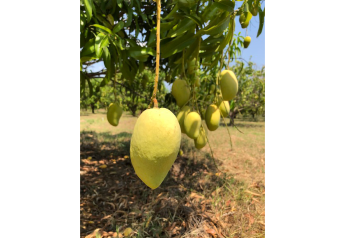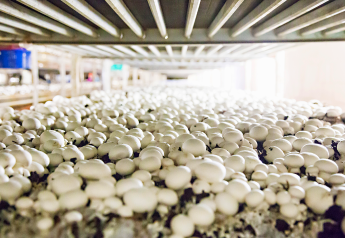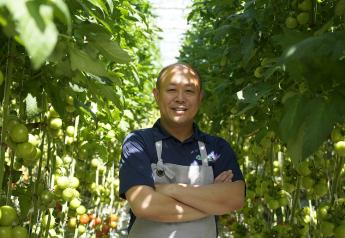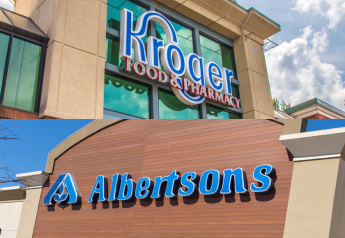Westside melons shaping up well for summertime promotions
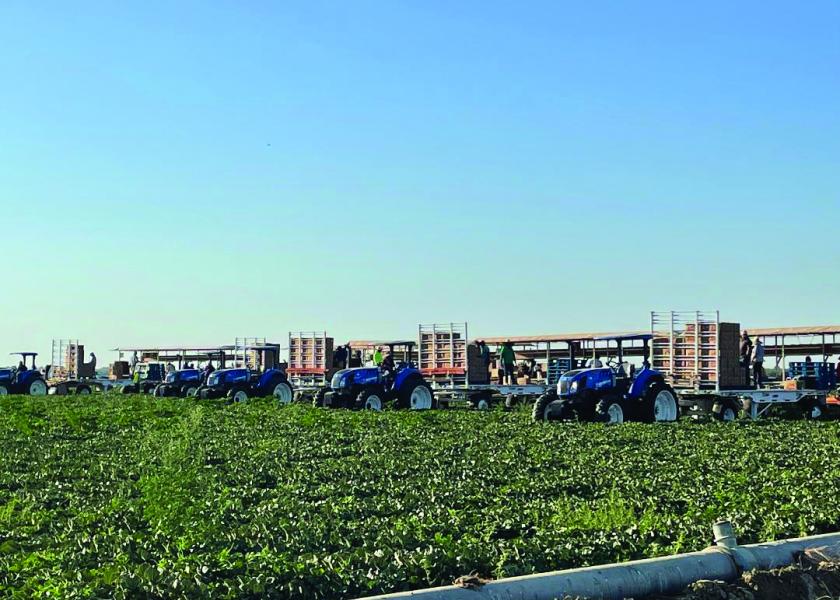
The melon harvest from the west side of California’s San Joaquin Valley may start a few days later than usual because of a cool spring, but quality should be good, grower-shippers said.
Fresno, Calif.-based Classic Fruit Co. will start picking between July 5-8, said Tom Conrado, vice president of West Coast sales and business development.
“On the front-end, everything is shaping up real well,” he said. “Quality at this time in the growing cycle is very good.”
He expected cantaloupes to peak on size 9s with a few jumbos and a few size 12s. Honeydews should peak on size 5s.
Westside Produce Inc., Firebaugh, Calif., also will have a slightly later start for its cantaloupes and honeydews because of a cooler spring than usual, said president Garrett Patricio.
Westside Produce should begin picking around July 5, though warmer weather could move that date up, he said.
Volume should be similar to last year, and Patricio seemed excited about the quality.
“(Melons) are going to be fantastic, with high brix and high yields,” he said.
Specialty melons also should be of good quality this season, said Steve Couture, partner in Couture Farms, Kettleman City, near Huron, Calif.
The company will offer hami, piel de sapo, canary, orange flesh, galia and golden dews melons that are primarily packed and marketed by Five Crowns Marketing, Brawley, Calif., he said.
Picking should start around July 7, but Couture said volume and acreage has declined in California, largely because of tight water supplies.
Specialty melons are sweeter and more flavorful than other melons and offer retailers an opportunity to present “a slightly different look for your produce department for three months during the summer,” he said.
Los Angeles-based Pacific Trellis Fruit will offer several kinds of watermelons this summer, said Howard Nager, director of marketing and business development.
The company has conventional and organic mini seedless watermelons, SunnyGold yellow mini seedless watermelons and Sugar Daddy full-size seedless watermelons.
Pacific Trellis Fruit also offers Summer Kiss and Sugar Kiss melons and Tuscan-style cantaloupe.
“There are going to be a lot of good melons for summertime promotions,” Nager said.
In 2021, California growers produced 14 million 40-pound cartons of cantaloupe, 5.9 million 30-pound cartons of honeydew melons and 2.7 million 30-pound cartons of mixed melons, which includes all other melons except watermelons, according to the Dinuba-based California Melon Research Board.
The board estimated roughly the same volumes for the upcoming season at its January meeting, said manager JD Allen.
Growers in the San Joaquin Valley produced nearly 215 million pounds of seedless watermelons in 2021, according to the USDA.
Prices for half-cartons of size 9 cantaloupes from the southeastern California/western Arizona growing regions in mid-June were mostly $7.95-$8.50, according to the USDA. A year earlier, they were $11.95-$13.95.
Two-thirds cartons of size 5 honeydews were mostly $10.95-$11.95 compared to mostly $12.95 a year ago.
Bins of approximately 35 seedless watermelons were mostly $133-$140 this season compared to mostly $126 last year.
Growers are concerned about steadily rising costs. Water, fertilizer, cartons, pallets and even strapping for pallets were costing much more than last season, Conrado said.
“Anything and everything that goes into this process has definitely spiked pricewise,” he said.
Patricio also was troubled by prices growers were facing.
“Inflation is off the charts,” he said. The cost of fertilizer, which can account for 20% to 30% of a crop’s budget, has increased over 100%, pallet and carton costs are up 30% to 40% and fuel prices have doubled over last season, he said. “We’re dealing with unprecedented inflationary pressures.”


